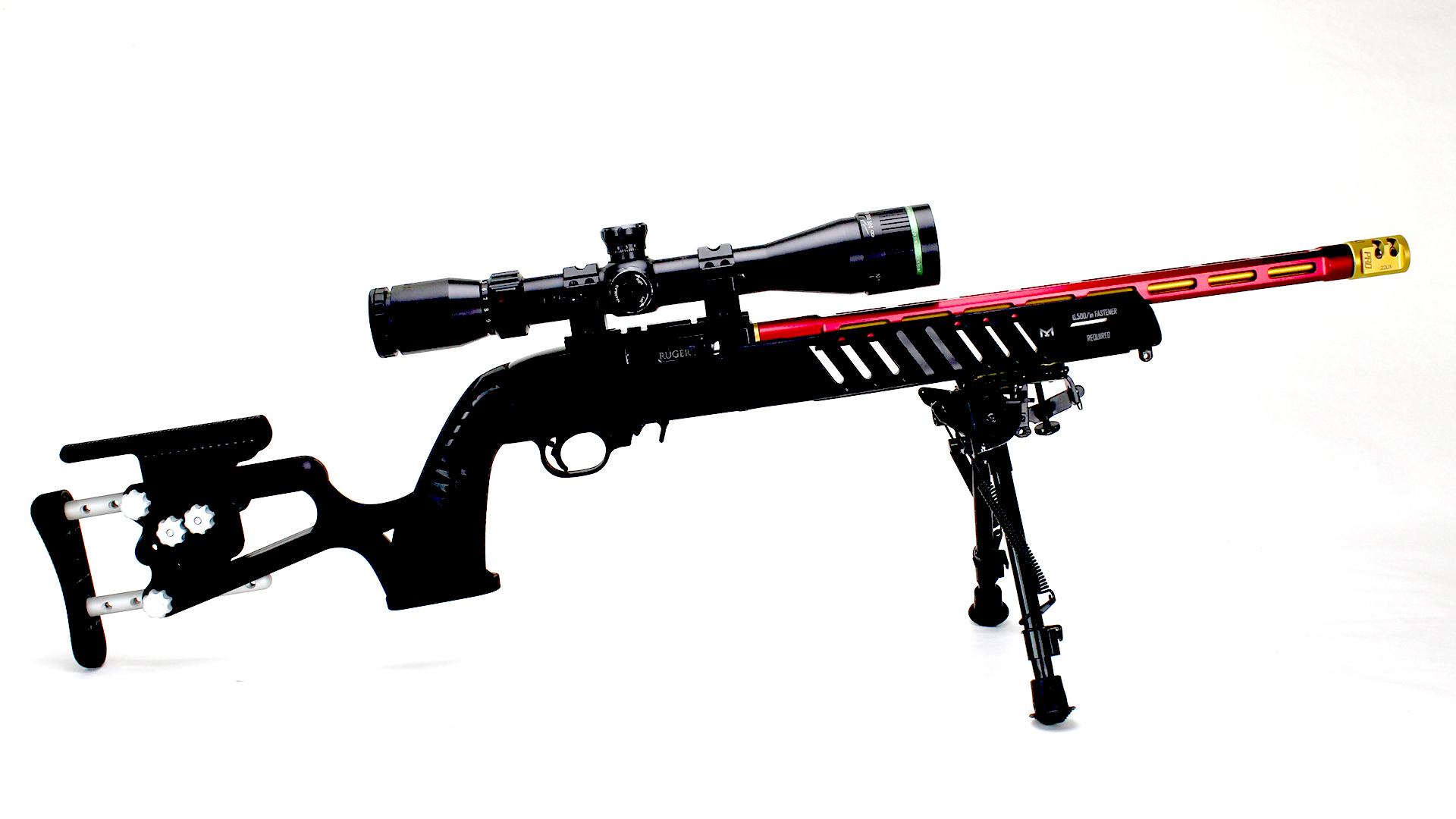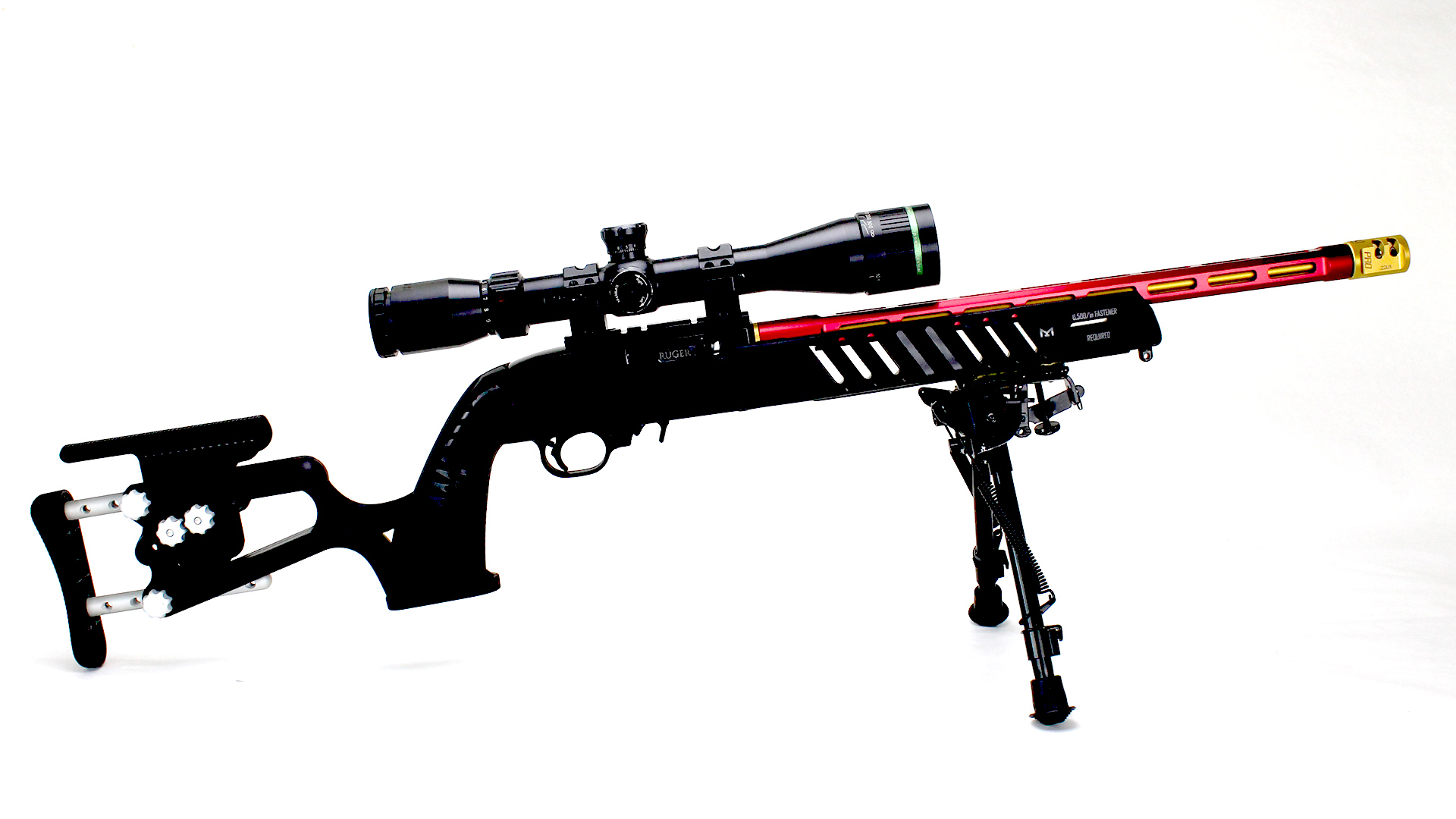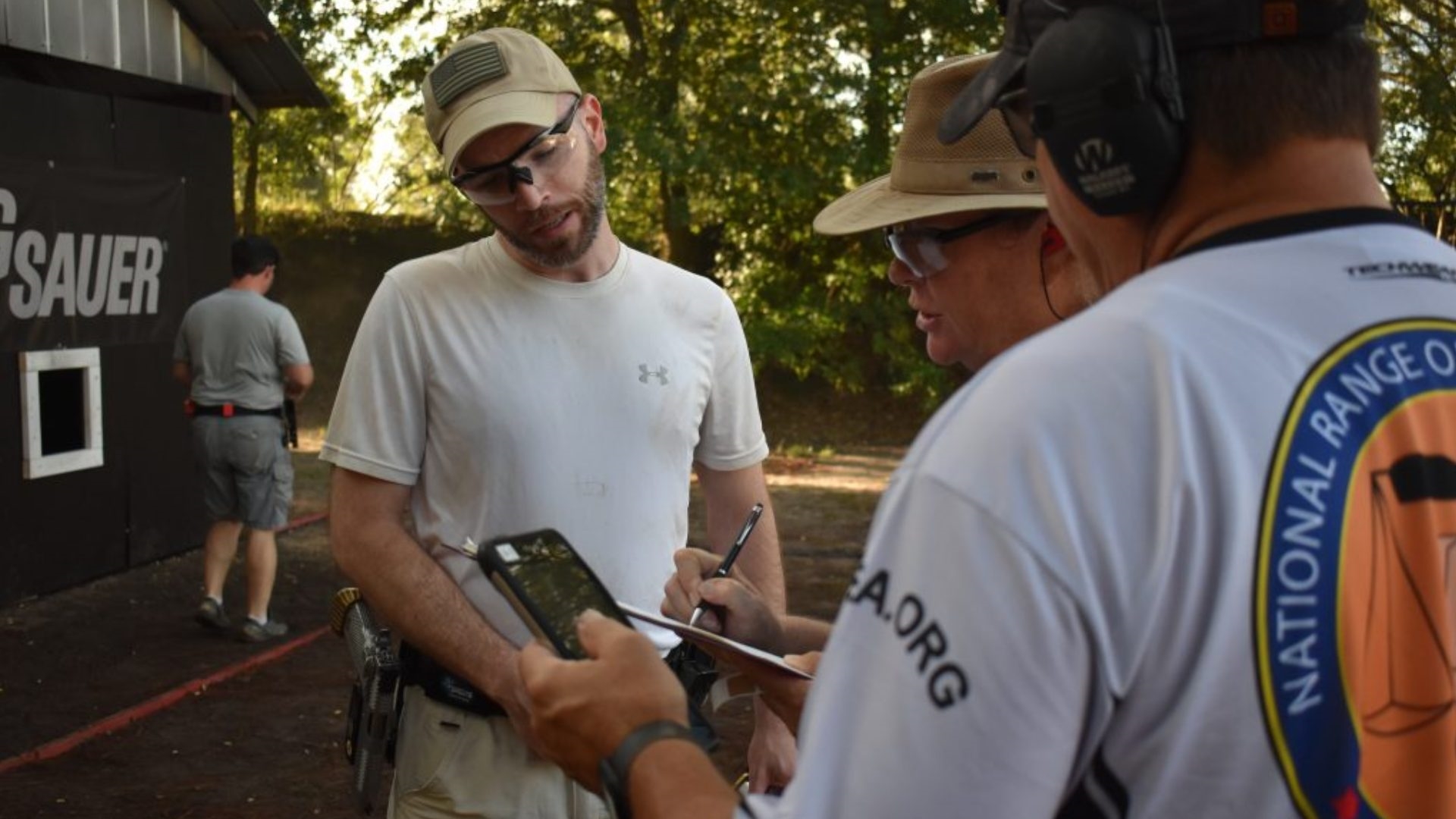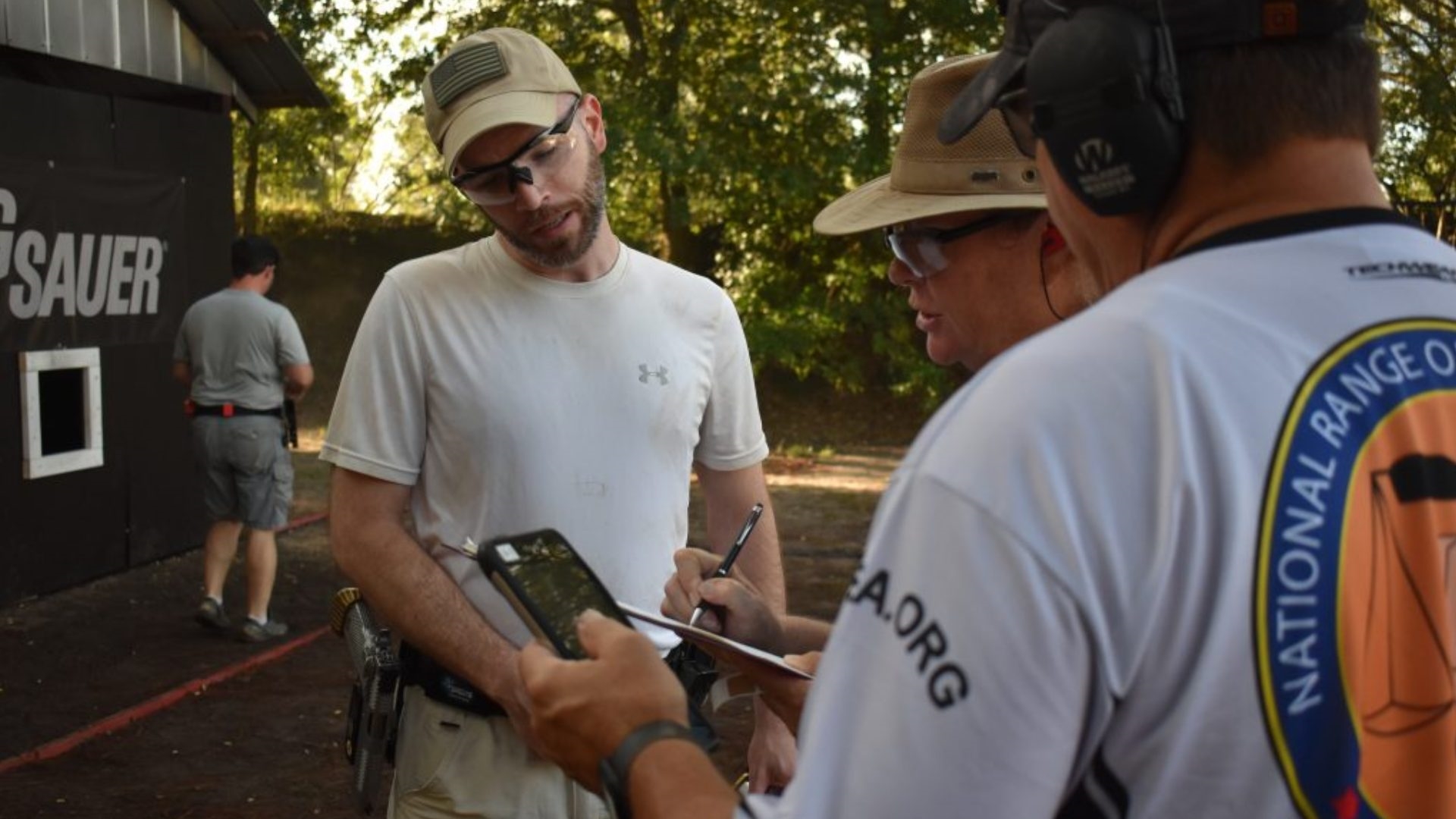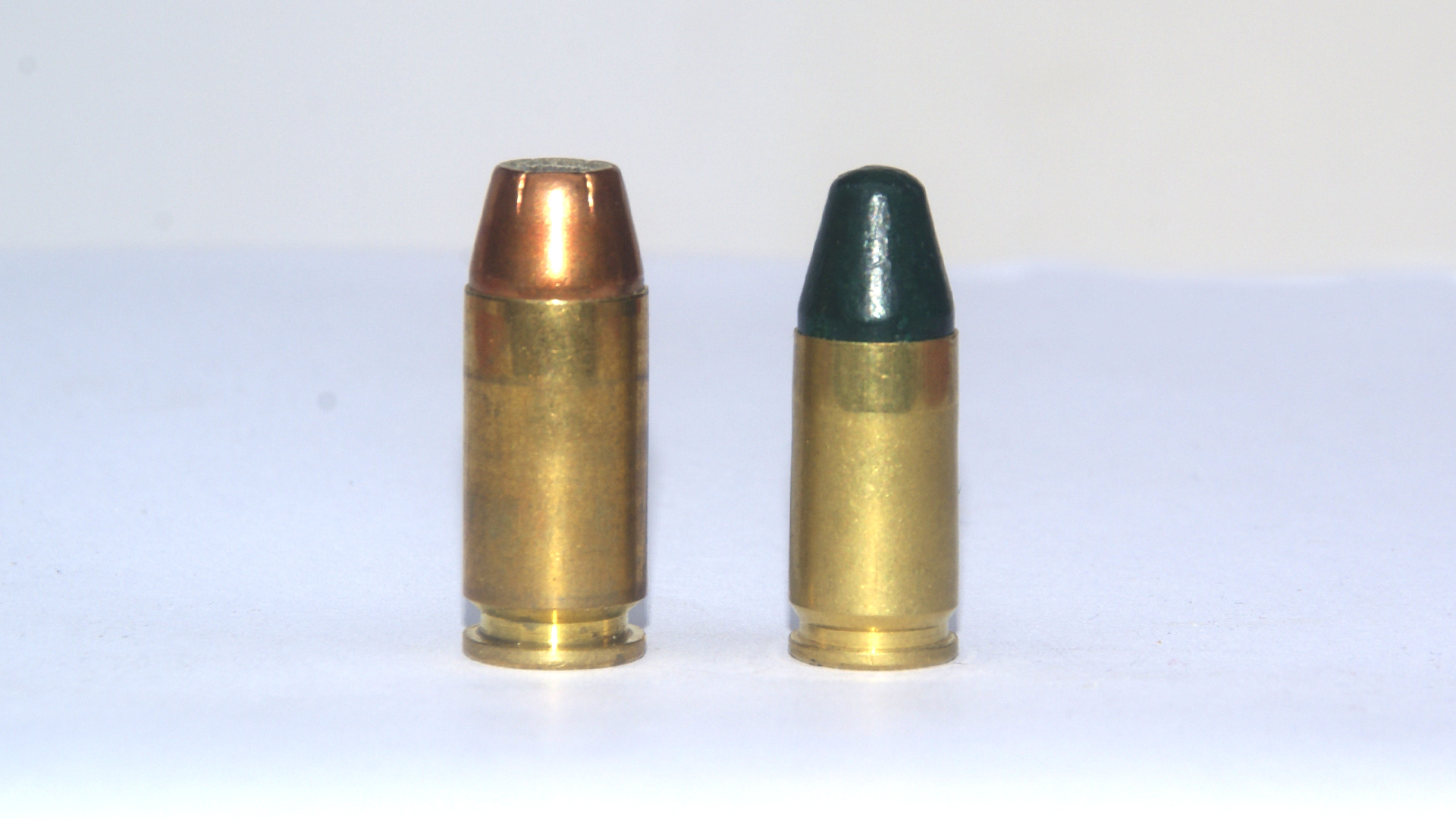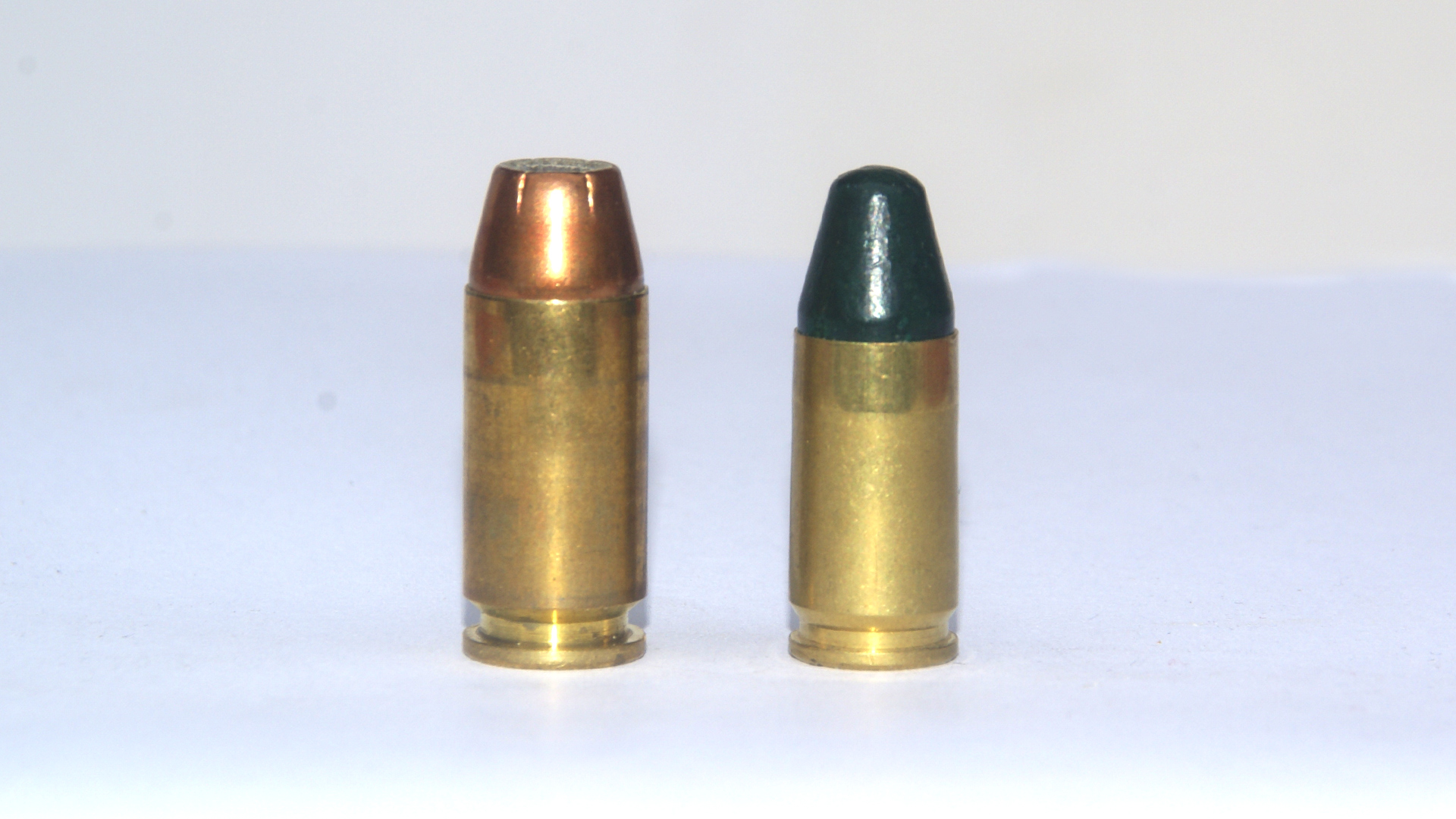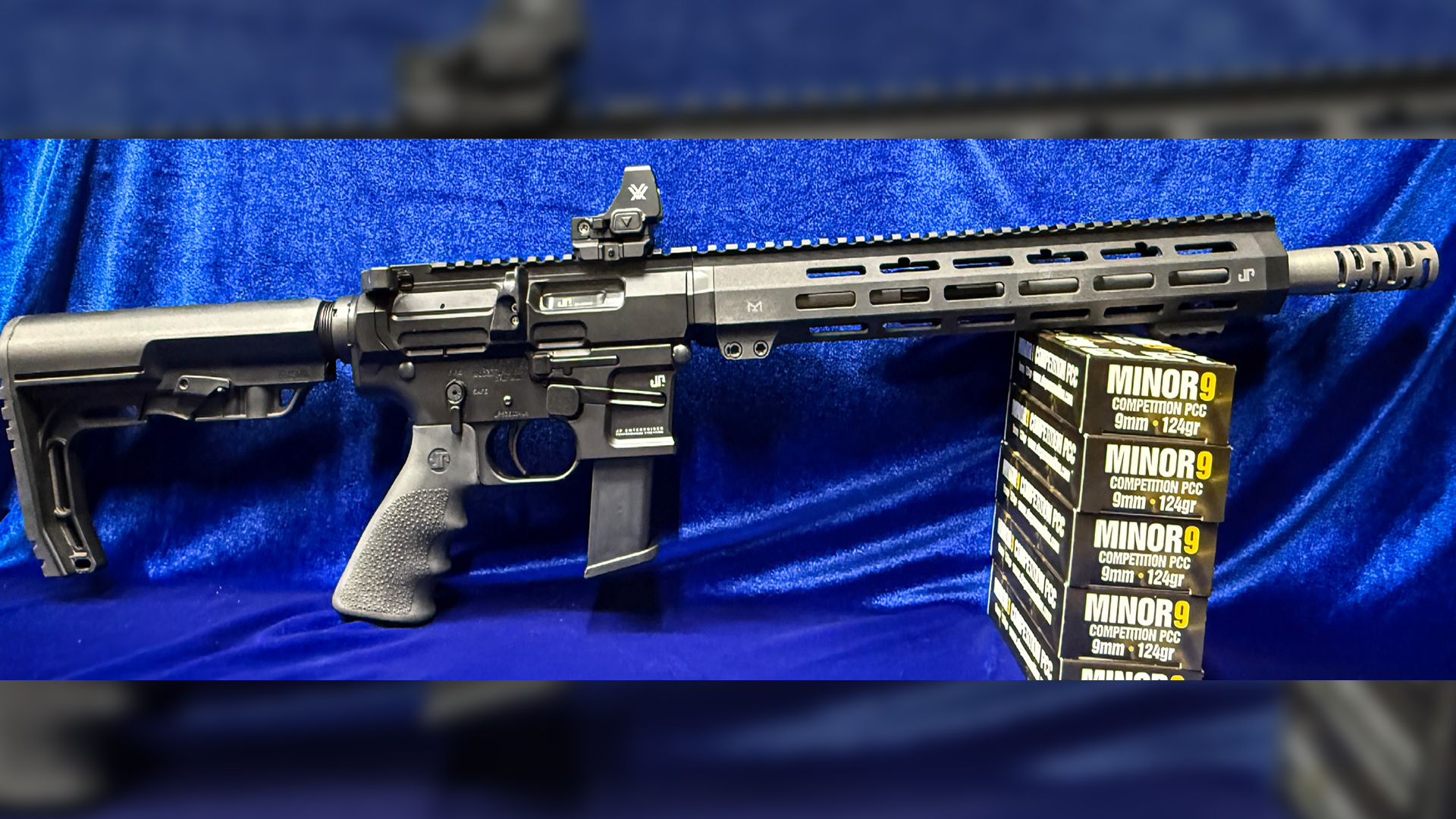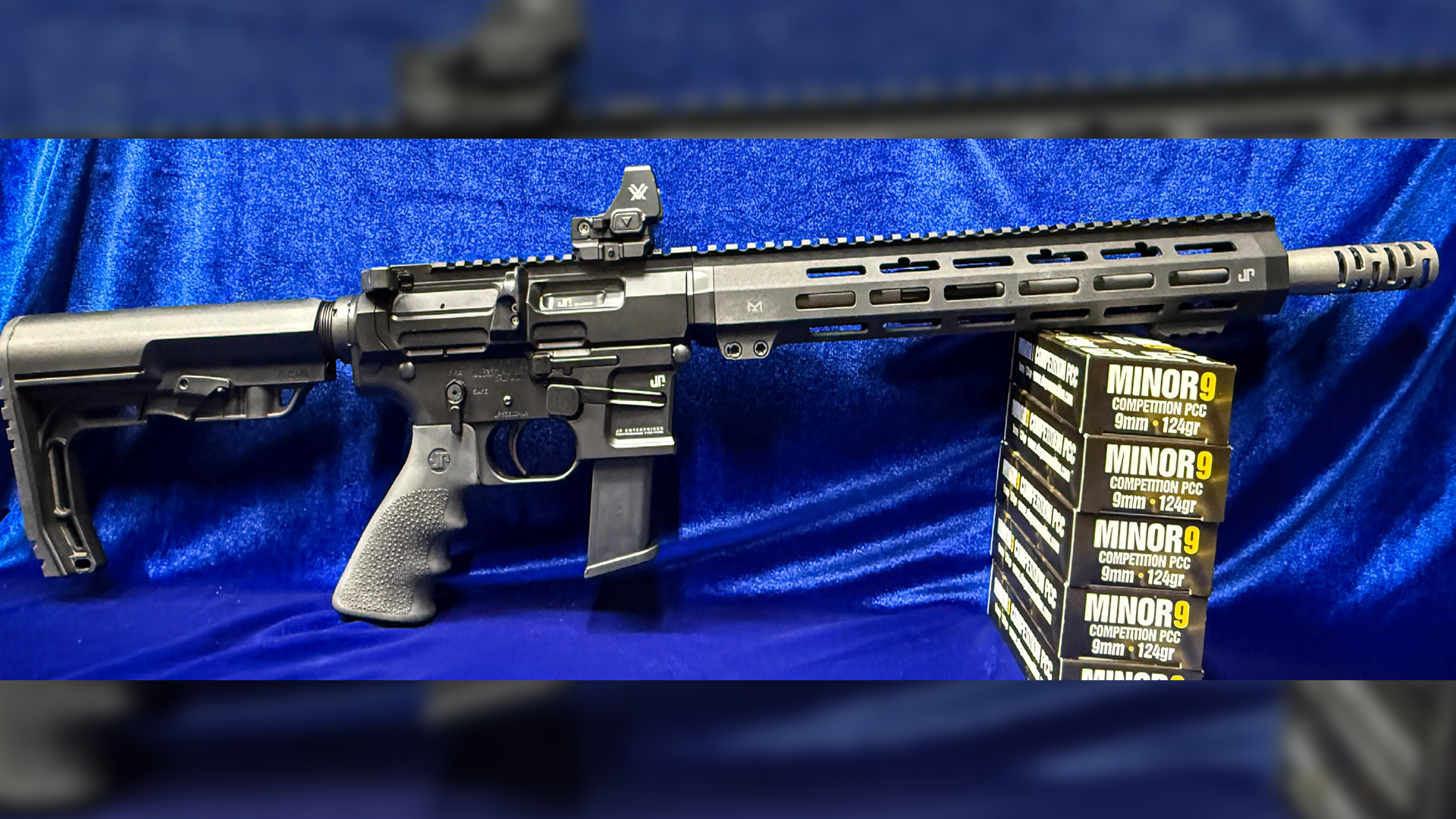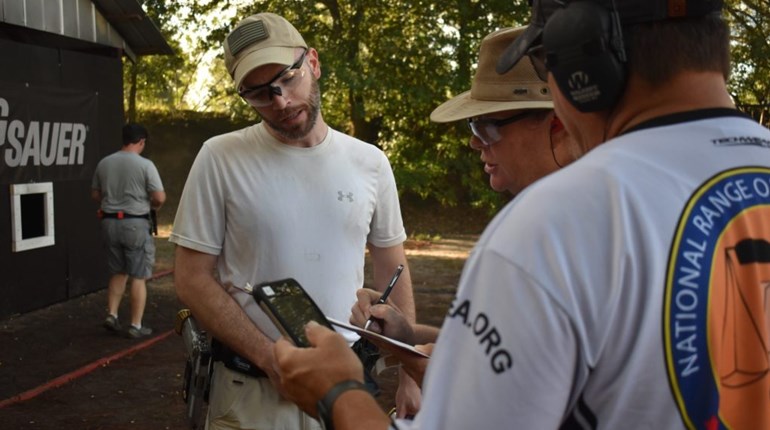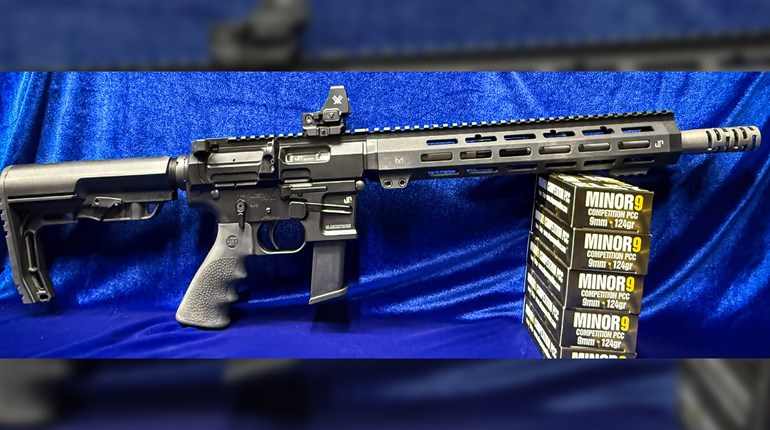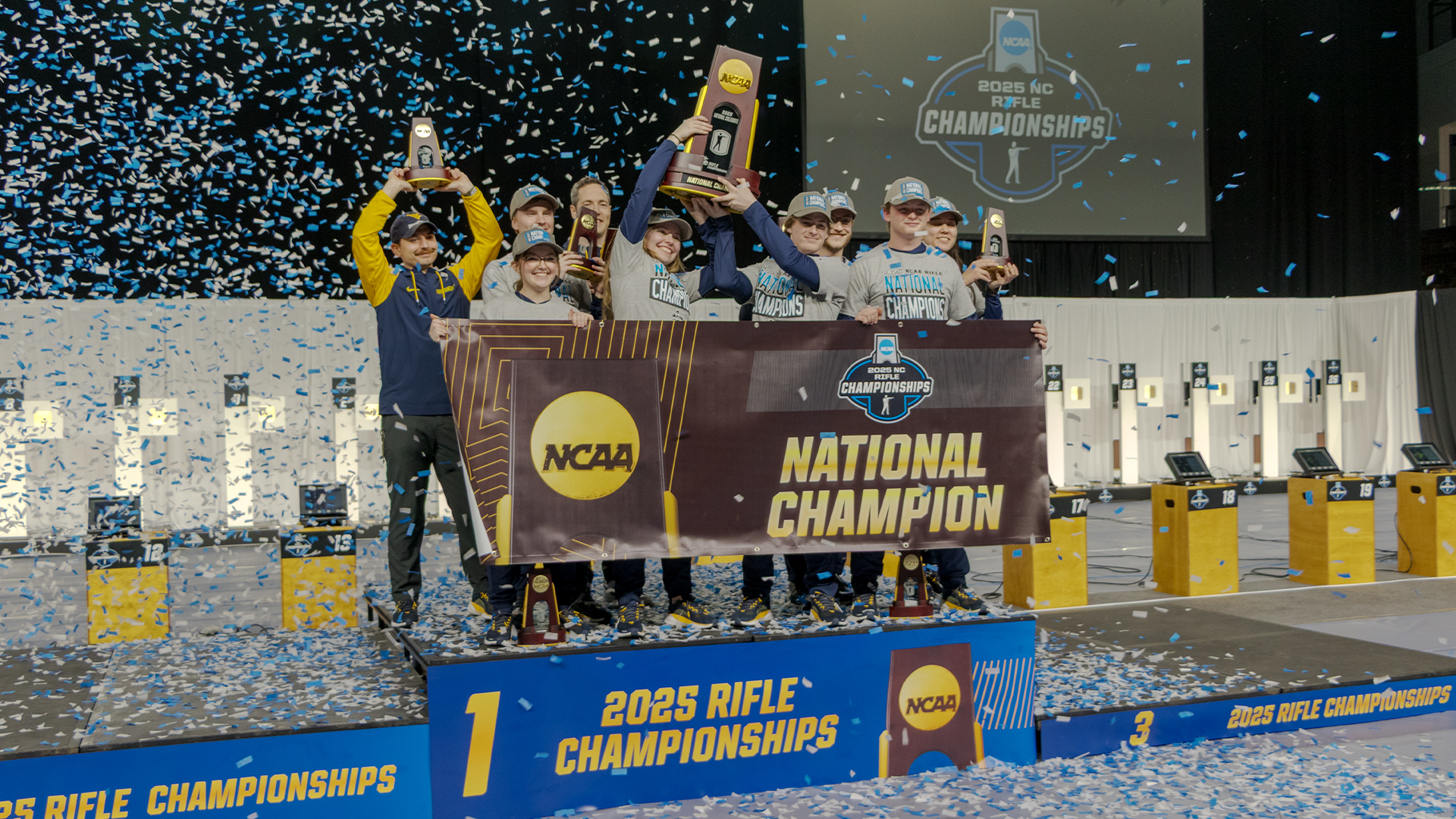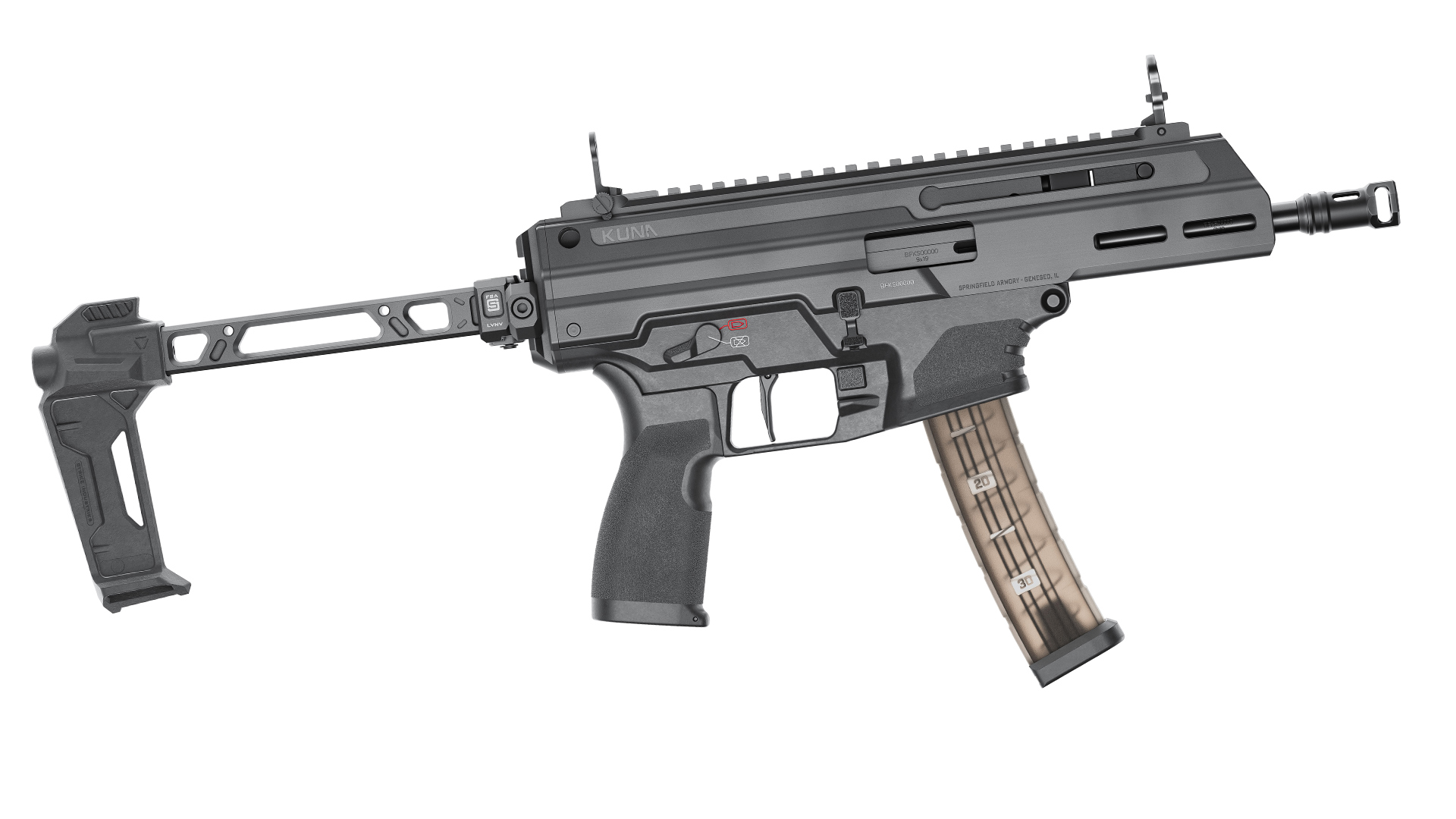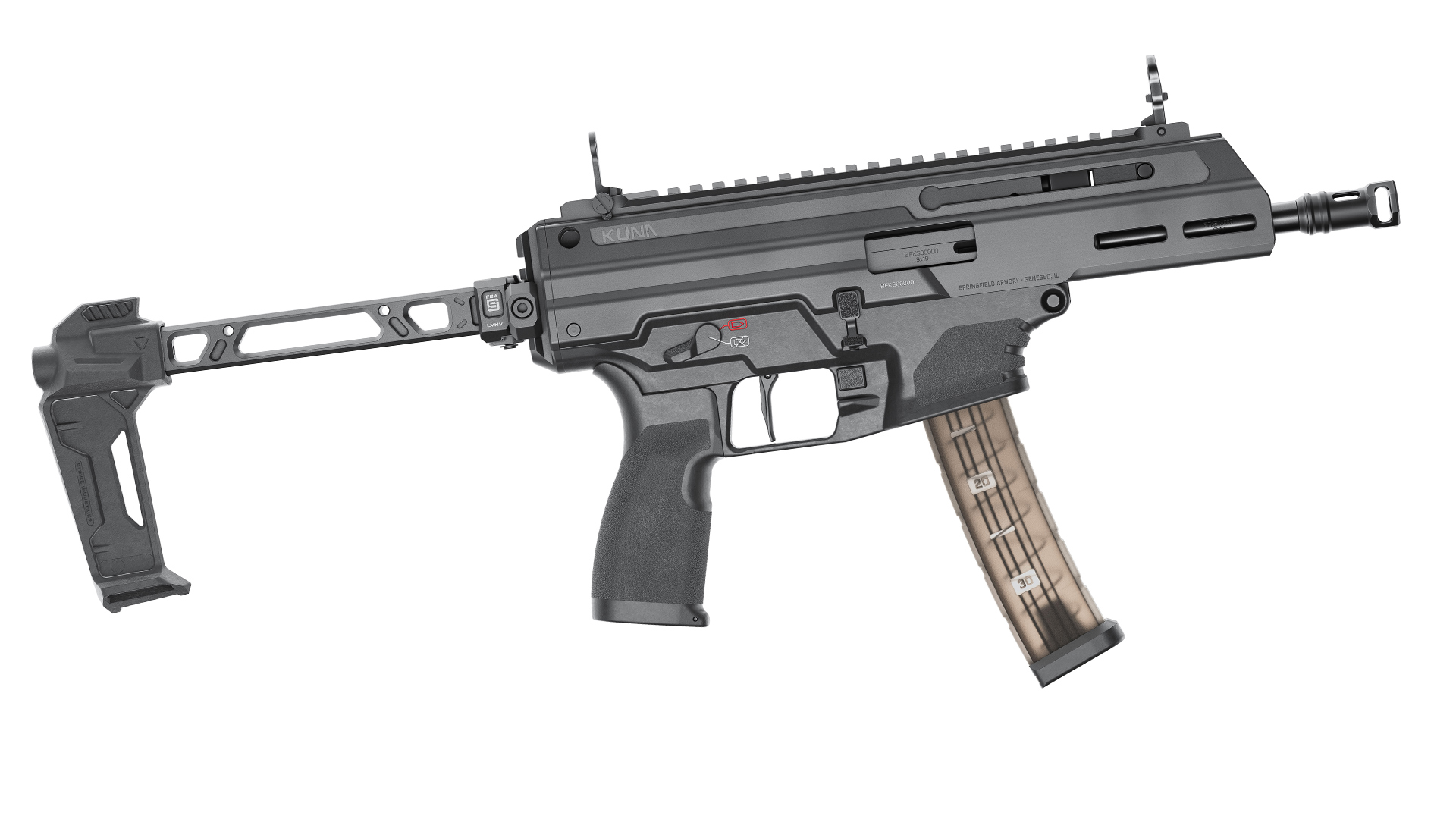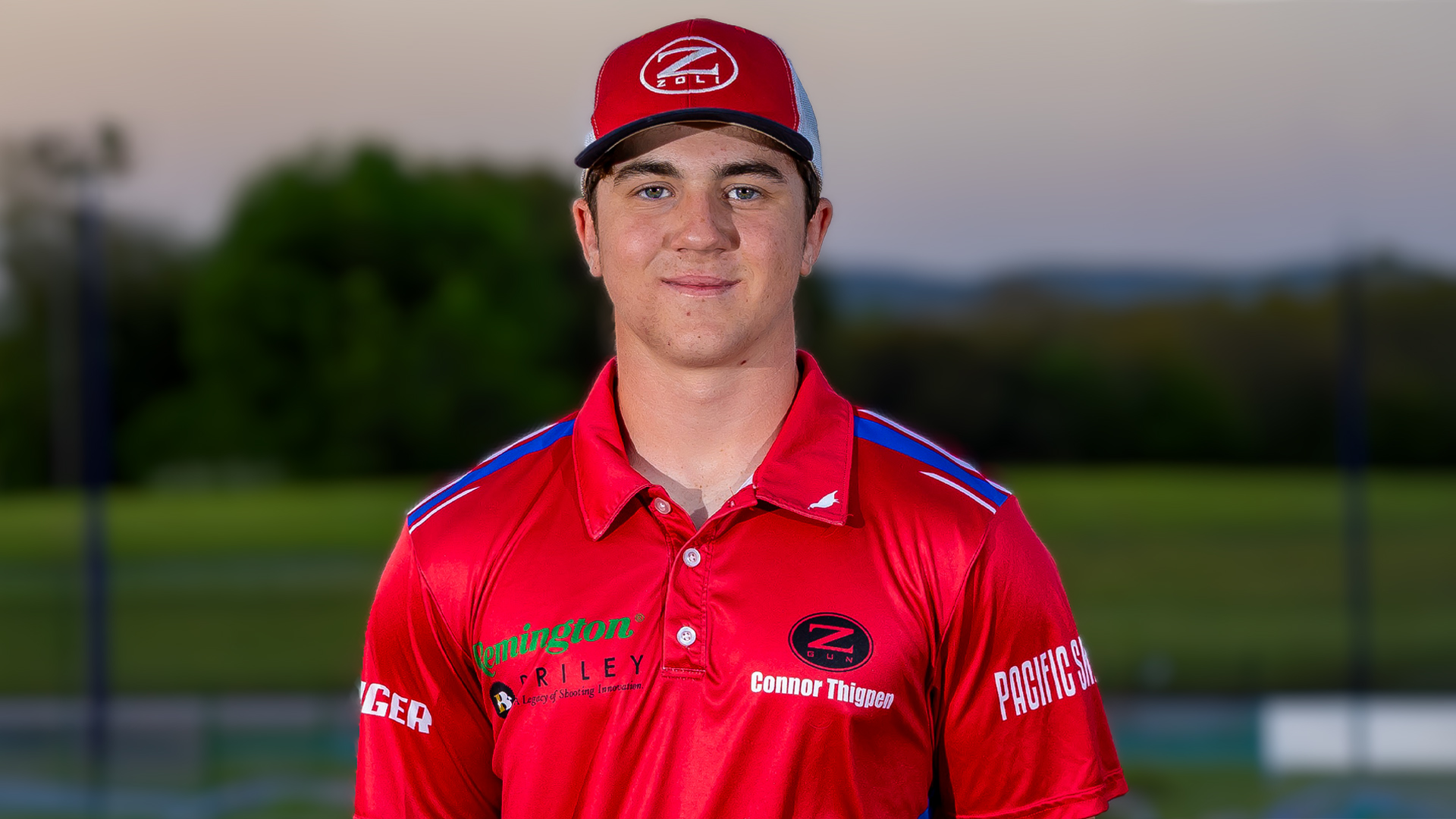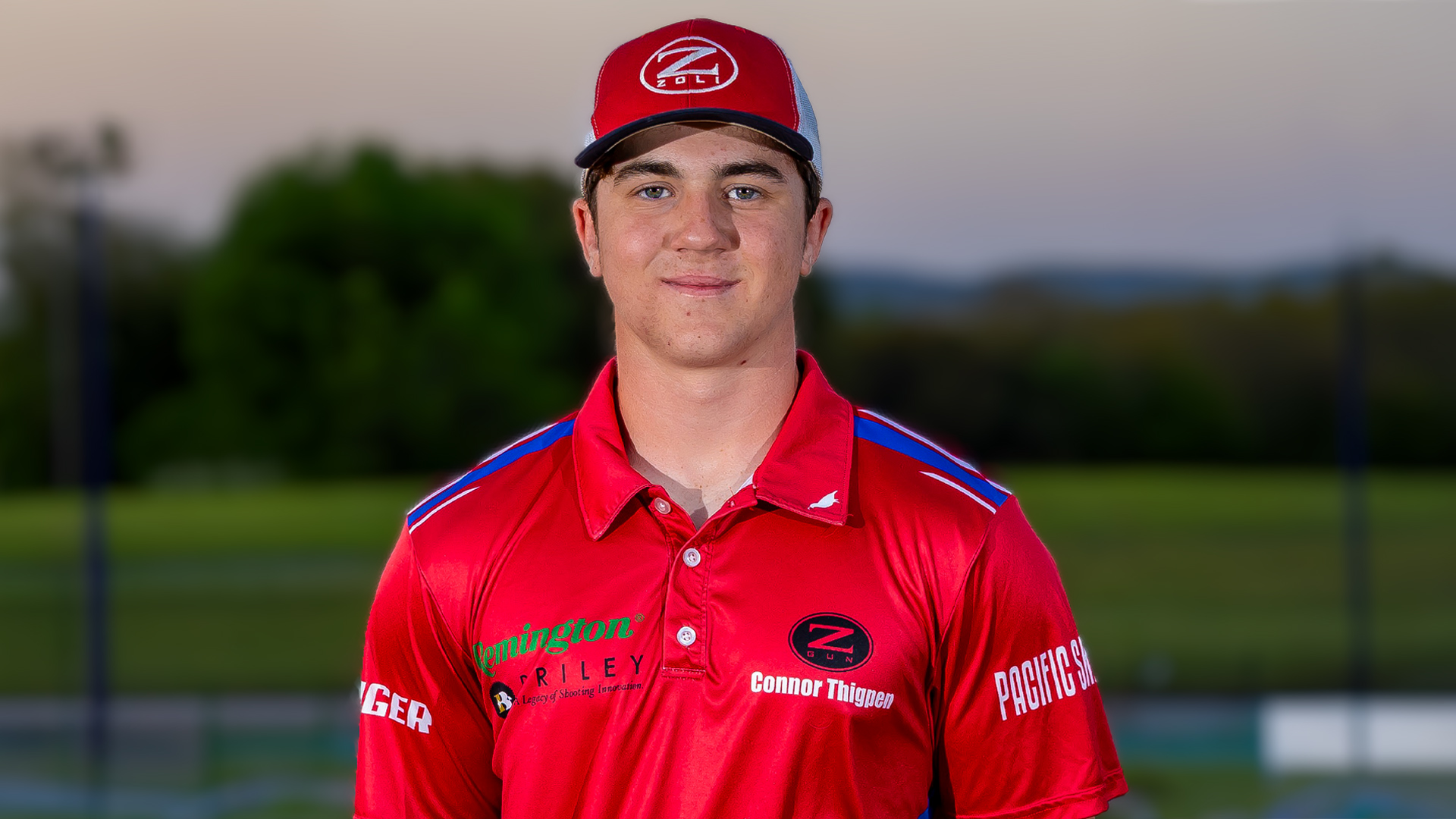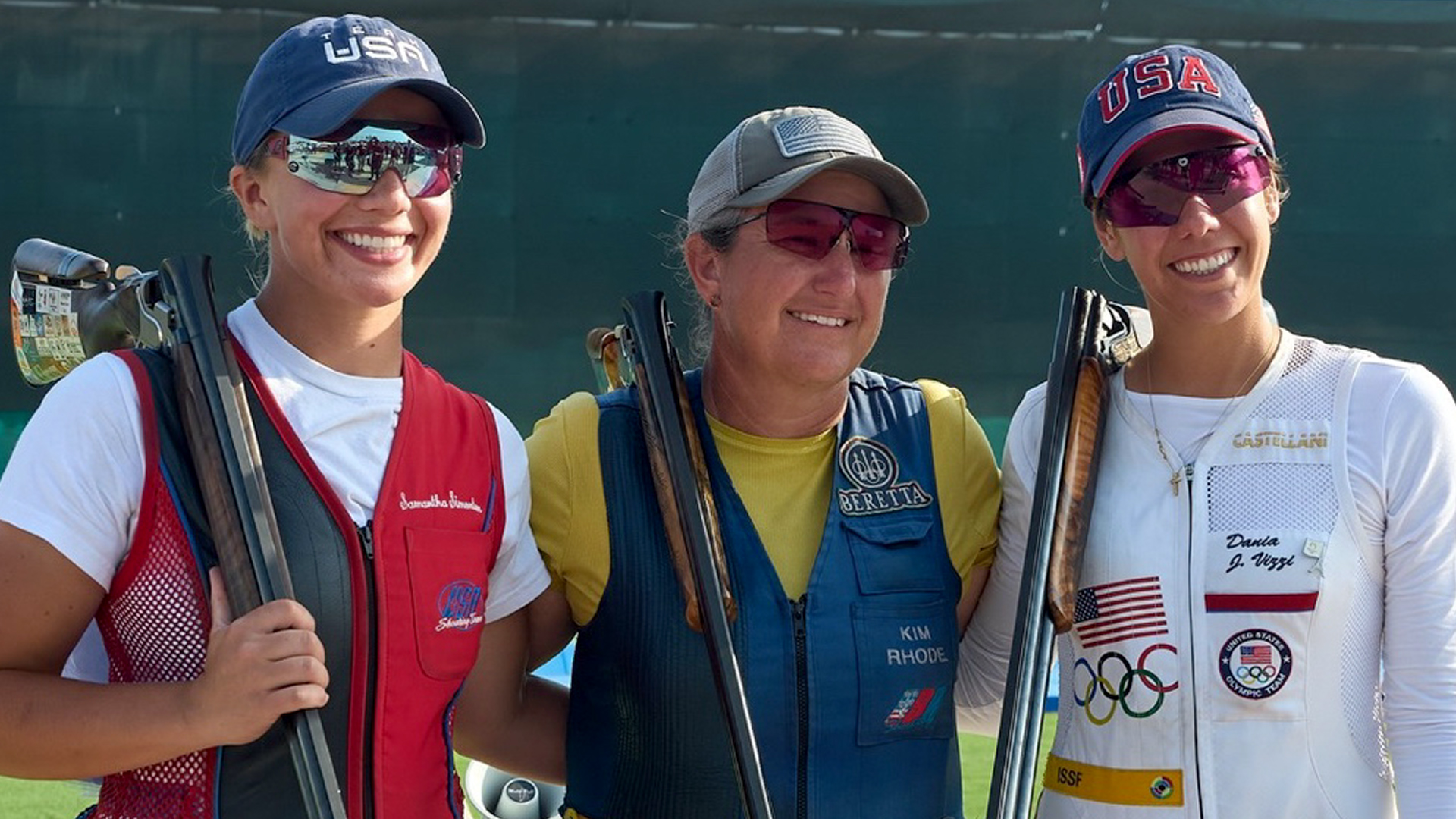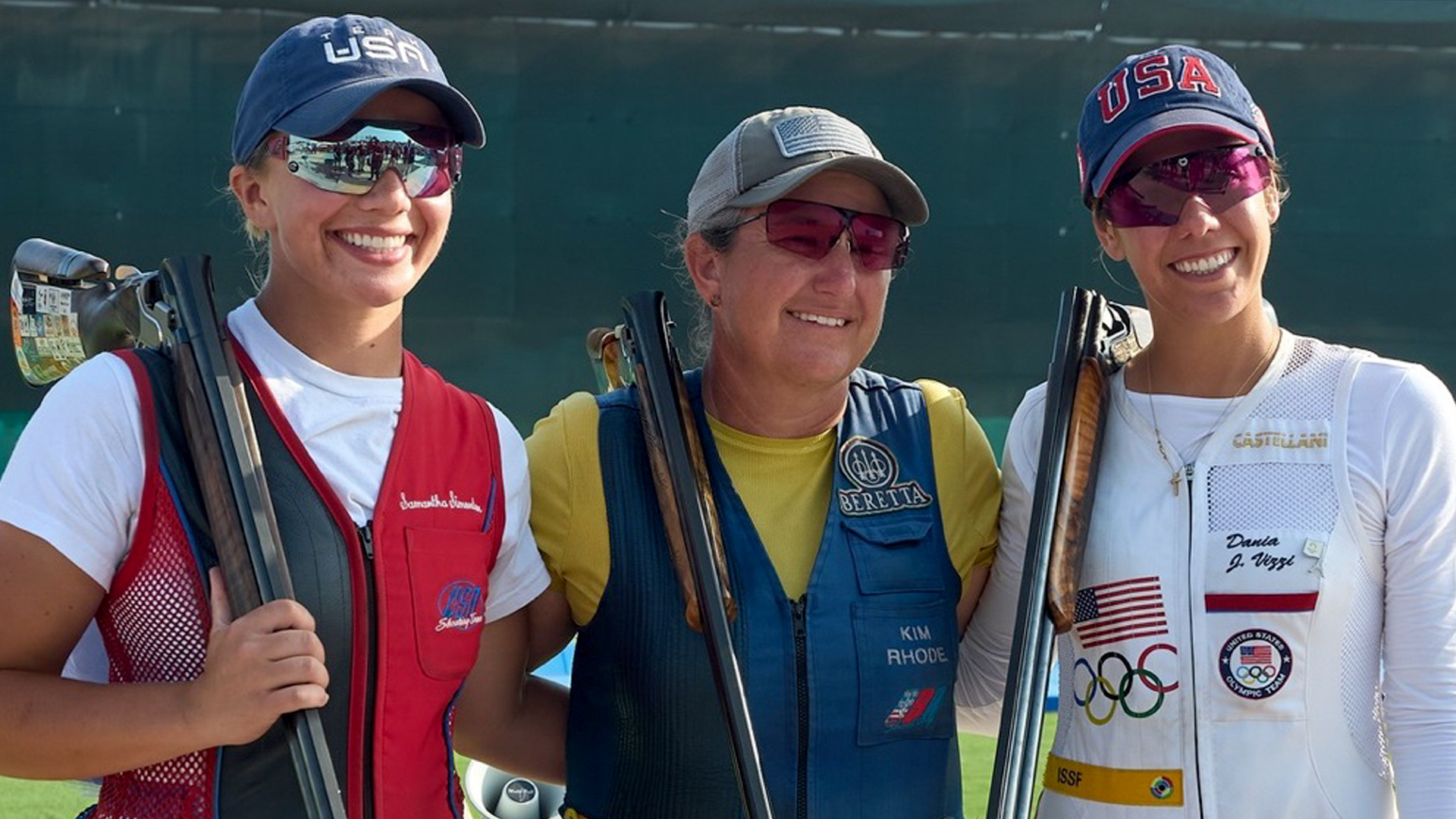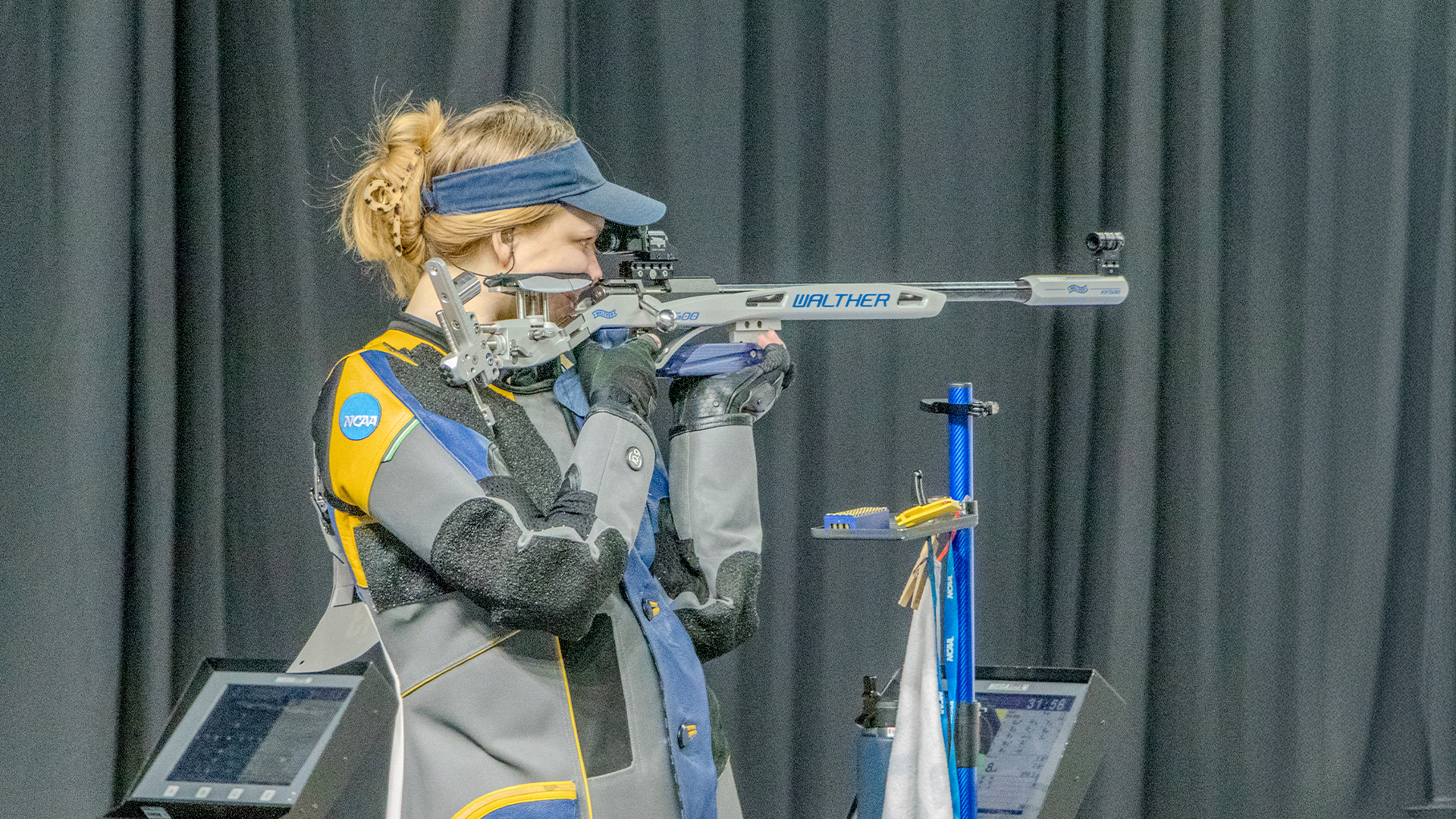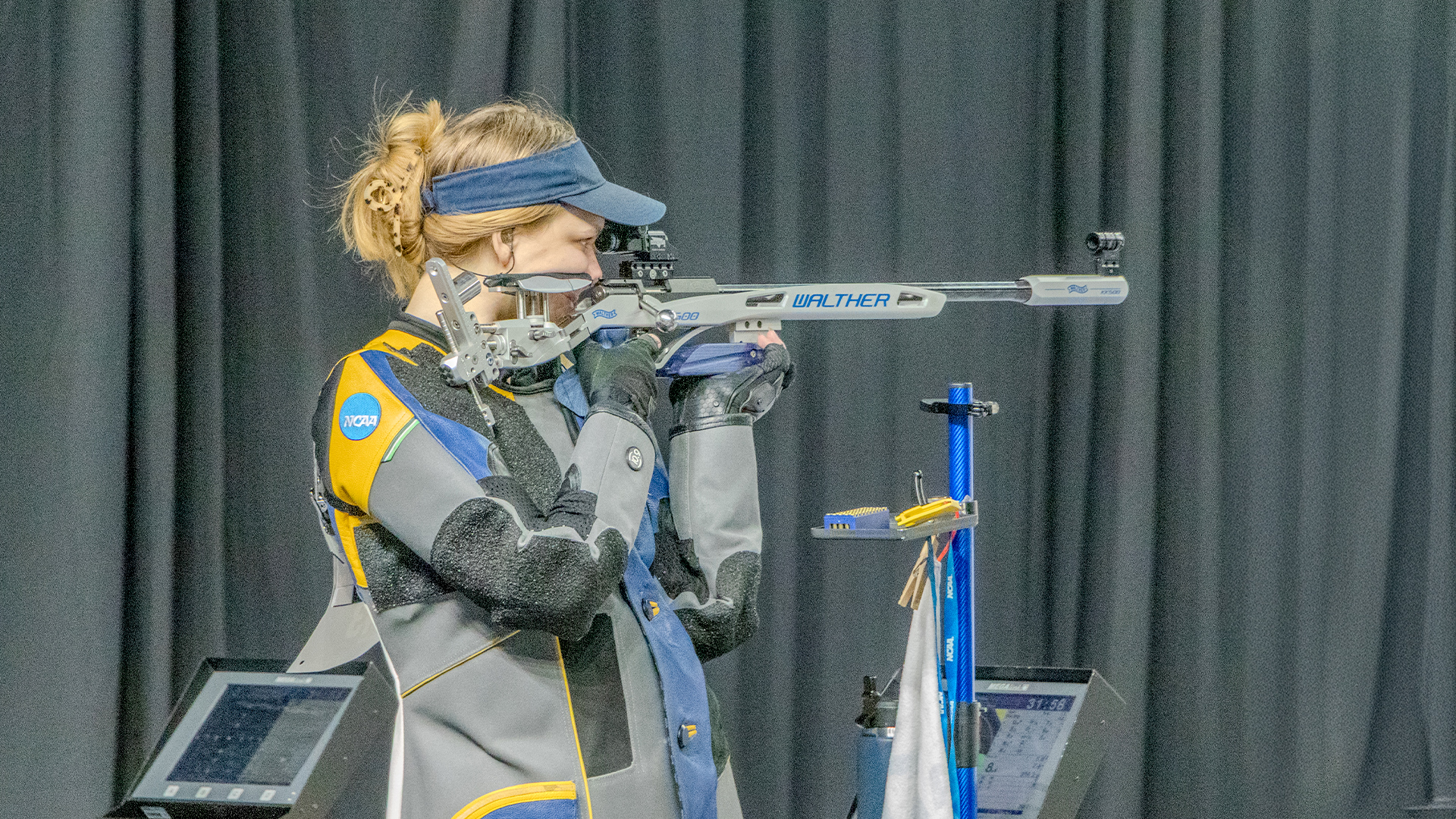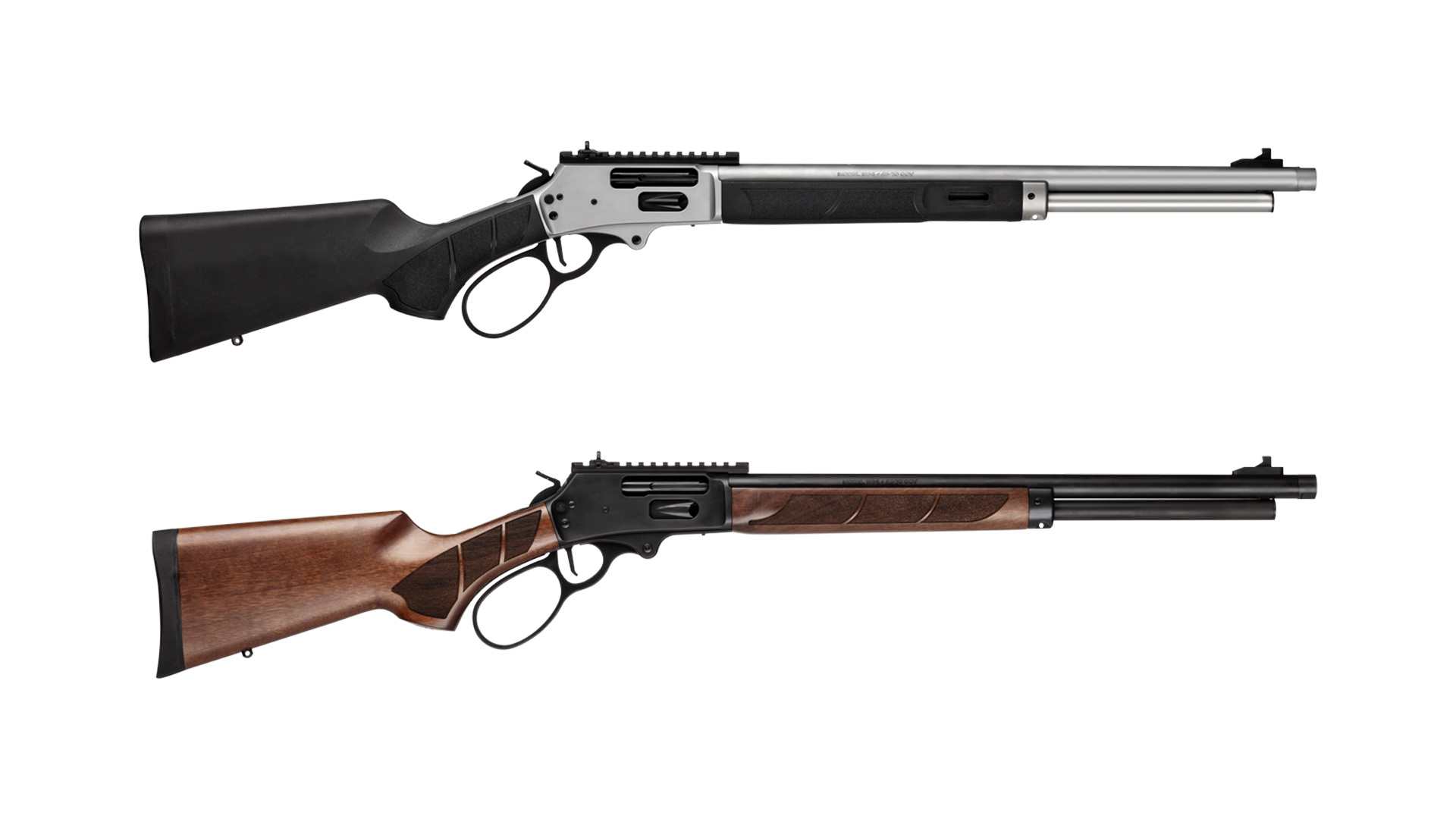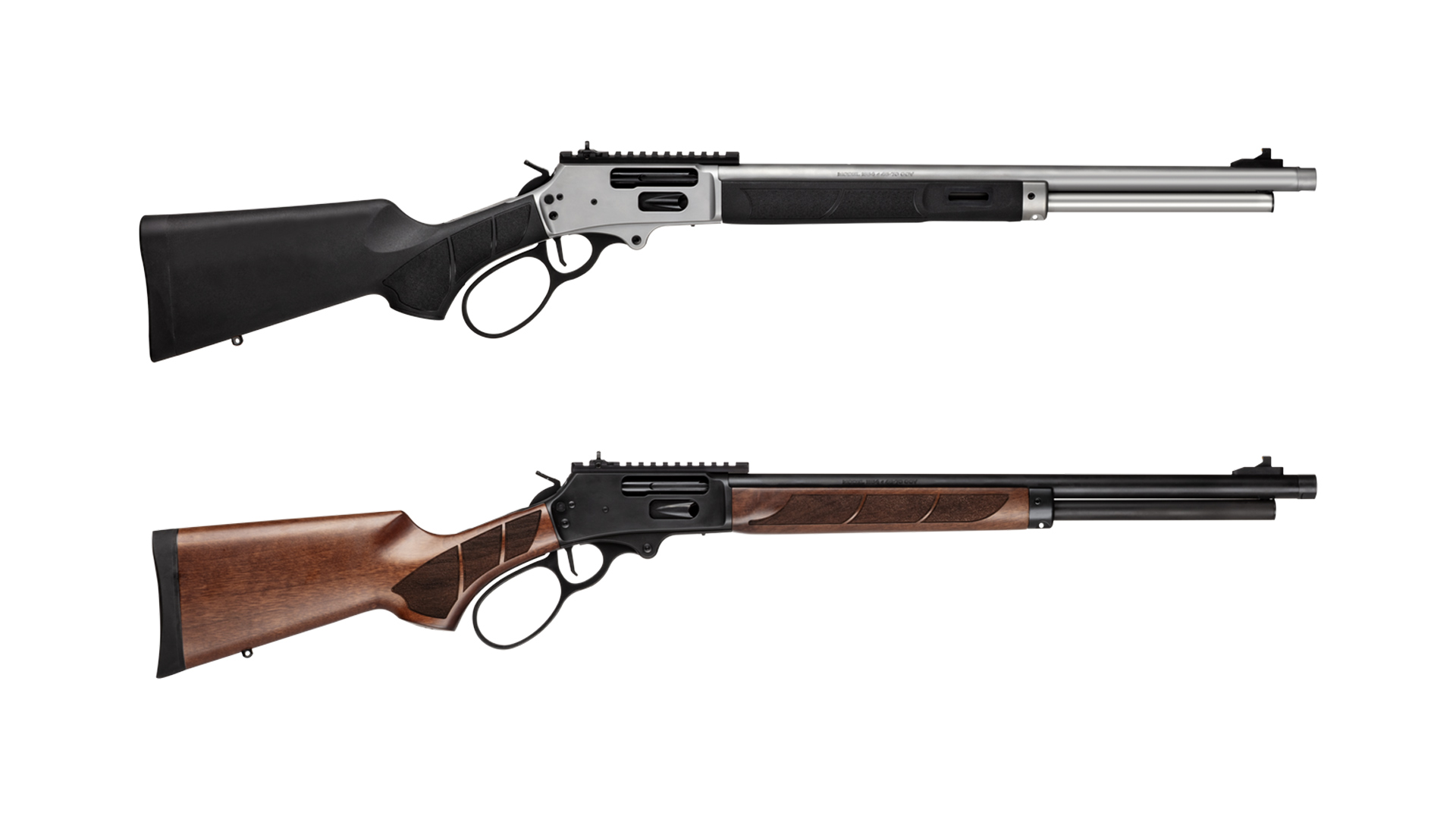
Ammunition reloading, whether accomplished on a single-stage press, progressive press or an auto-drive unit, is an enjoyable activity for some and a necessary annoyance for others. Regardless, the end result of that activity can have a significant impact on your match performance (ask me how I know). A slight user misstep or press malfunction, if not noticed and properly corrected, means the round (or rounds) involved could end up being used in a match rather than discovered during a training session.
A squib will affect the shooter during a match, but what about the Range Officers (RO)? A squib can manifest itself in many ways, everything from a primer-only (no powder at all) to some partial powder load which could leave the bullet somewhere in the barrel, to sufficient powder to allow the bullet to clear the barrel. The challenge for the RO is to process all the relevant input available (sound, firearm reaction, etc.) in real time to decide if a squib has occurred and if the barrel is potentially blocked, which would result in an unsafe firearm. It can be a challenge even for experienced ROs. The shooter has an advantage of having felt the recoil impulse, something the RO does not have.
The easiest squibs to deal with are the ones which have no powder at all. A primer-only squib will sound as a metallic click—no poof or bang. The lack of powder will probably not drive the bullet far enough into the barrel to allow the next round to be chambered, no matter how many times the shooter tries. In the case of a revolver, the bullet will likely block the cylinder, preventing a subsequent shot. The hard part for the revolver is getting it resolved so that the gun can be cleared to leave the stage. More on that later.
Since we are dealing with a potential unsafe gun, it is reasonable to consider that, if in doubt, the interest of safety takes precedence. The best course of action is to call STOP! That the barrel is ultimately clear does not mean a squib did not occur. As mentioned earlier, there may have been enough powder for the bullet to travel downrange and bounce off the A zone or stick in the target.
It is possible that you may be uncertain that a squib has occurred, but the shooter appears convinced and has obviously paused shooting. What to do? A Range Officer’s first responsibility is safety. I suggest that, once again, a STOP command makes sense. Doing otherwise might prompt the shooter to fire an unsafe firearm.
So, you’ve used the STOP command, now what? As insistent as NROI (National Range Officers Institute) instructors are on the use of the range commands, and only the range commands, there are times when something different can be said. If you read USPSA Rule 8.3.5, you will notice that after the STOP command the shooter can be given whatever instructions are necessary to deal with the situation at hand. Having said that, “anything” has its limits. What I suggest is that the RO has to avoid entering into a discussion that can lead to distraction and mistakes by both the shooter and the RO. So, what should you do? Give the shooter clear and concise instructions, using a calm, commanding voice which tells him or her that you are in charge and they are expected to comply.
Since the STOP command was used, the logical next command is “Unload and show clear!” This is the point where you deviate from the usual commands to deal with your problem—is the barrel clear or is it blocked? I suggest that the next command or instruction (per Rule 8.3.5) would be “Go to slide lock” or something similar appropriate for the type of firearm. Once the gun is in slide lock, you reach into your pocket, pull out that zip-tie (tie wrap), insert it into the chamber and see if it manages to wiggle out the front of the barrel. If it does, the barrel is not blocked and you continue with the remaining range commands until “Range is clear!” Again, the fact that the barrel is clear does not mean the shooter did not have a squib. It is never wrong to err on the side of caution when safety is involved. Since the shooter was stopped on the suspicion of an unsafe firearm, a reshoot is now required since the firearm was not actually unsafe.
What happens if the zip-tie does not go through the barrel, indicating that the barrel is blocked? This is where confusion often rears its head. There are two important RO functions which need to be dealt with promptly: “Range is clear” and scoring the stage. Scoring cannot take place until RIC is complete. So what is the next command? “If clear, hammer down, holster” (or the appropriate one for revolvers or PCC). Once the shooter has pulled the trigger and holstered, “Range is clear” can be announced and the scoring can take place. Record the time for the last shot (which might include the suspected squib) and score the targets with all appropriate Miss and FTSA penalties.
Some may say that you cannot call the range clear since the gun is still loaded. Reading the definition of “Loaded Firearm” in Appendix A3 (Glossary) of the USPSA rules, it shows that this is not a loaded firearm and can be allowed to leave the stage after being holstered or bagged. Some ROs feel the need to clear the barrel on the stage. I’m not saying this is wrong, but it does tie up the stage when you could otherwise be scoring the stage and running the next shooter. There are times, you may decide to have the barrel cleared right there, such as at a local match where you are dealing with a new shooter who has no idea what to do next. If you can’t send him off to the safety area with someone to assist him, do what you think is best.
Ultimately, your responsibility as an RO is to ensure that the shooter will clear the barrel prior to his next stage. Also, making a note of the squib may be important information for the Range Master should the same shooter have subsequent squibs later in the match, which would result in his ammunition batch being declared unsafe. USPSA Rules 5.7.2.1 and 10.5.20 prohibit the shooter from attempting to clear a squib during the course-of-fire. The easy solution, as mentioned above, is to declare RIC and allow the shooter to depart to deal with it. My personal opinion is that a RO should never touch the gun. Taking the gun from anyone except a new shooter at a local match is simply bad form and can lead to a number of other problems. Should you decide that the best course of action is to allow the shooter to clear the barrel under your supervision, then continue the concept of post-STOP instructions. Keep in mind that the shooter is still responsible for his actions. The first concern is the potential for sweeping. I suggest that if the firearm is not functional (the slide or barrel have been removed), sweeping cannot happen while the barrel is being cleared. The revolver with the blocked cylinder mentioned earlier is going to require a different solution which should involve the Range Master.
As with many other scenarios, dealing with a suspected or actual squib takes experience and planning. How you handle it depends on the exact situation, your experience and that of the shooter and the match level. Think it through and run it in your head so that you are prepared should a shooter decide to save some money on powder.
Article from the March/April 2021 issue of USPSA’s magazine.
Read more: How To Make A Range Kit For Reflex Sight Issues

